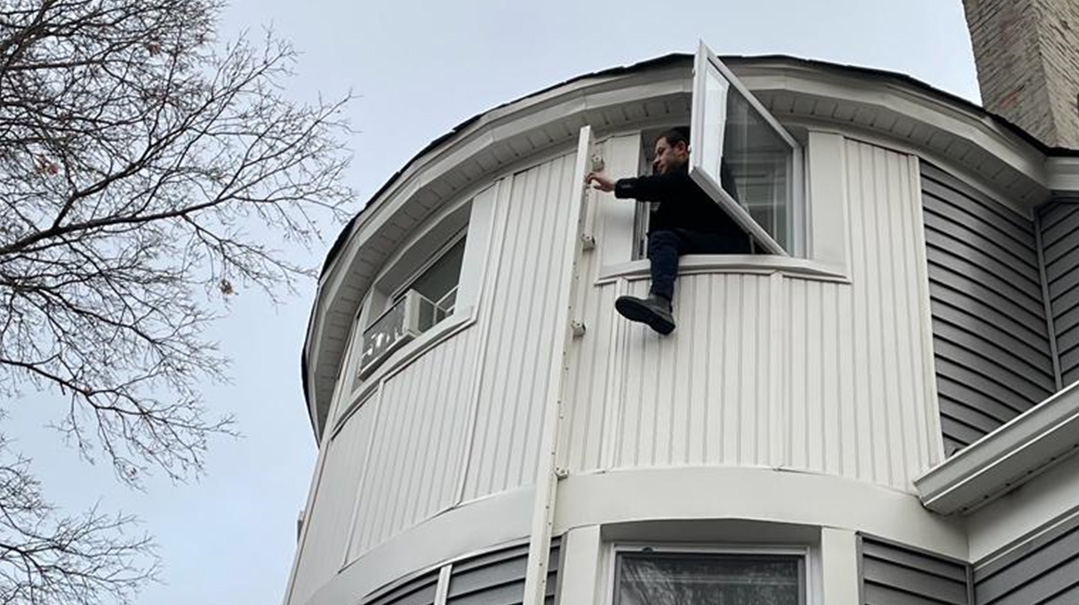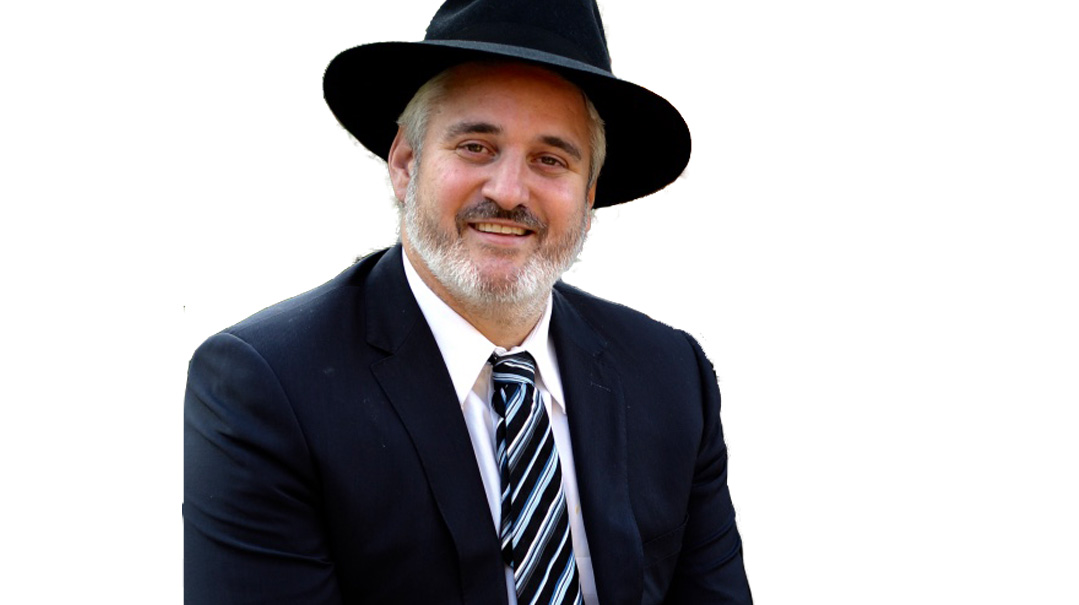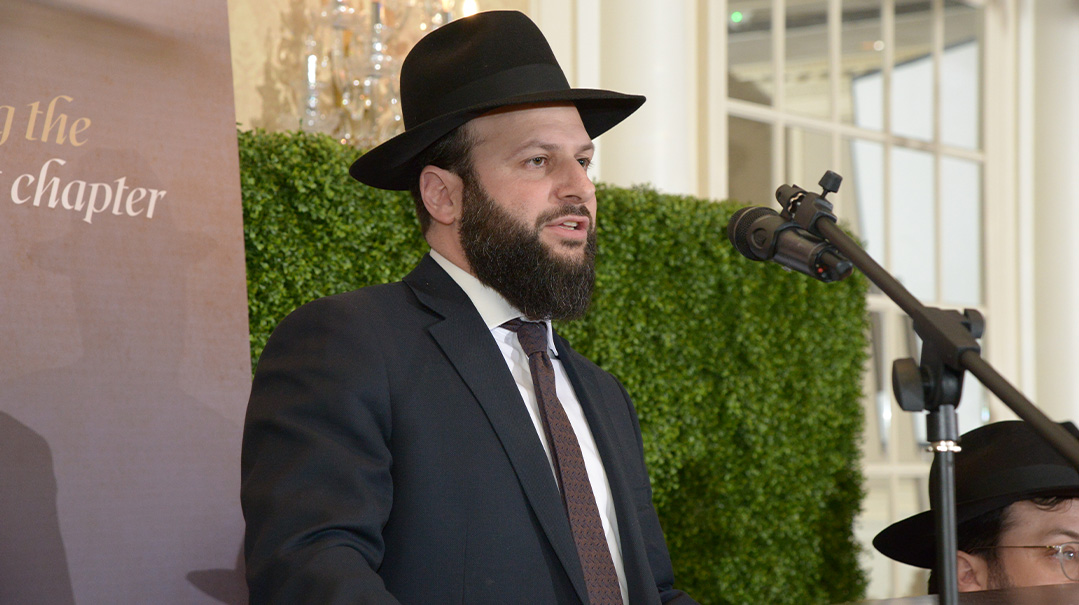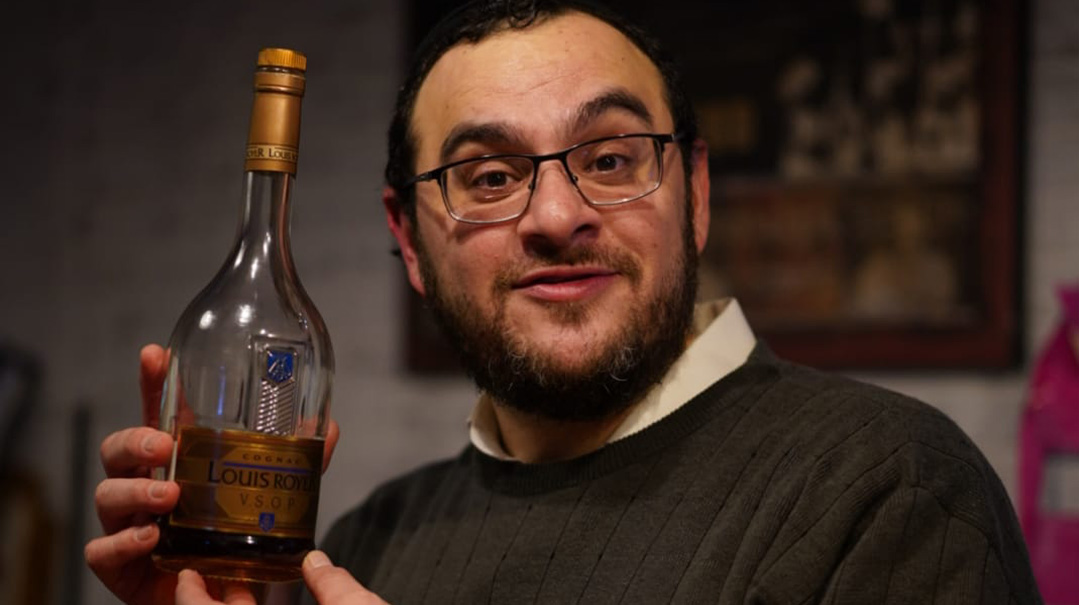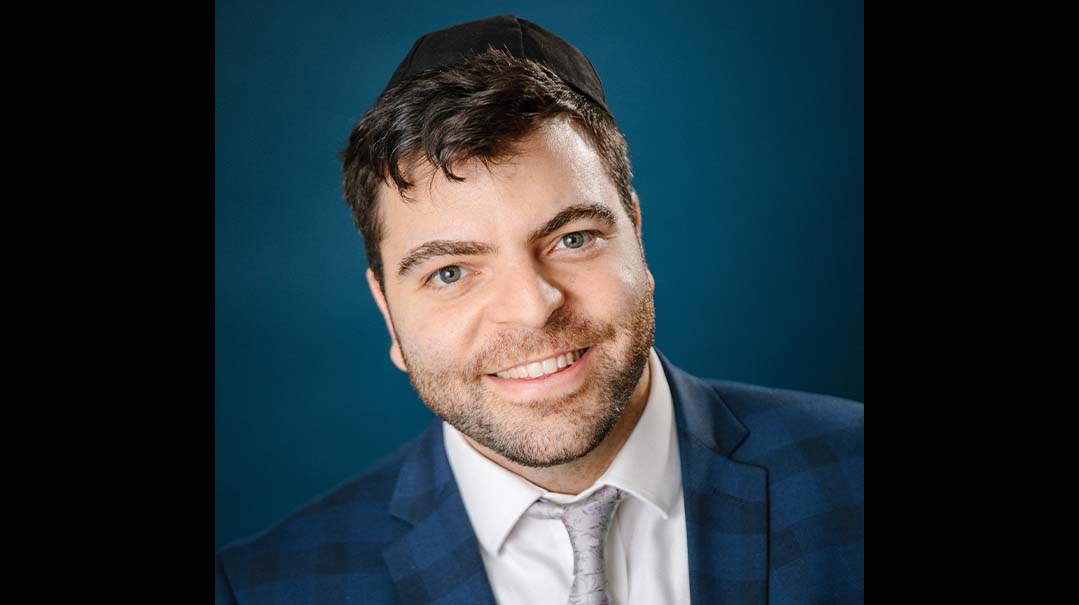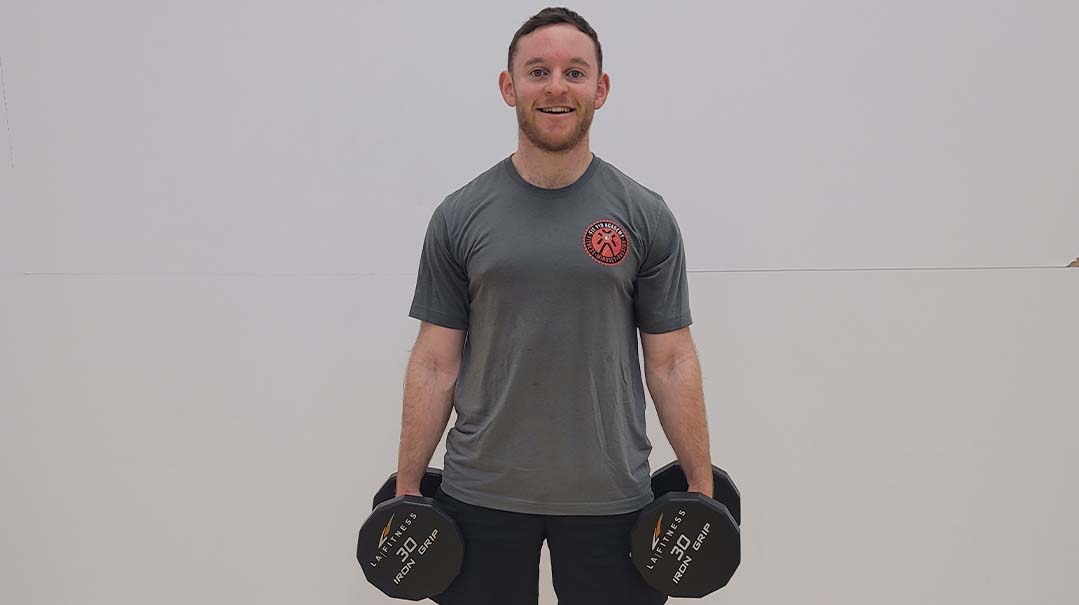10 Questions for Henry Goodelman

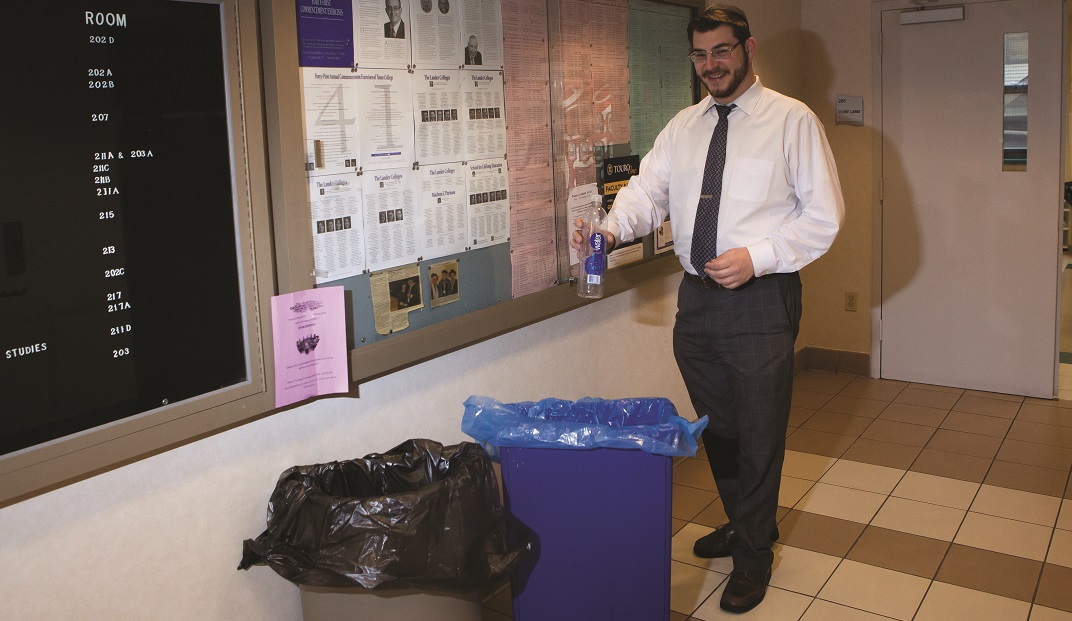
Henry Goodelman is the founder of ReJews, an initiative that promotes recycling in Jewish organizations and offices around the world. He works as an admissions counselor at Touro College and is based in Brooklyn, New York.
How did you get started?
When I was in Aish in Eretz Yisrael three years ago, I realized we didn’t have access to recycling—there were no cans, no collections, no drop-off points. Do you know how many plastic bottles 150 yeshivah boys go through in a day? Exactly. We designed and implemented a program—we placed bins across the campus and a few of us volunteered to collect and deliver the bottles to the recycling bin in the Old City. That’s right—the recycling bin, because there’s just one there. We spoke to the mayor’s office, but adding bins was difficult—the streets are narrow and winding, so even garbage pickup is complicated. They encouraged us but couldn’t really do more about the recycling right then.
How does the frum community measure on the sustainability awareness scale?
Not so great. When I got back to America, I was surprised—as a people, we really don’t recycle. I know we’re all busy—families, school, work, running to simchahs—and recycling comes really low on the totem pole, but it doesn’t have to be something you worry about, it should just be something you do— like you take out your garbage. Same with recycling, it should just be part of your day. I often describe ReJews as a ‘benign initiative’ because it’s just recycling.
Is there one small, easily implementable act people can do?
Funny you ask, we’ve actually chosen one as our focus. We’re targeting bottles—a really specific goal. It’s relevant and it’s constant, because people are always drinking, so recycling bottles will accomplish something. If you recycle 10 percent more bottles a year from now than you are presently, that’s a major achievement.
What’s the most common question you get asked by frum people who find out you’re doing this?
“What am I going to do with all those bottles?” A lot of communities give out free recycling bins and have pickup once a week, you just have to put it out. Sometimes bottle collectors who pick through your trash will just take the whole bag to a return machine so they can get back the deposit—either way, don’t worry, your bottles will be picked up.
Who funds ReJews?
Right now our focus is ‘low- and no-cost solutions’, and there’s barely any overhead. Just like Uber, the biggest taxi company, doesn’t own taxis, we don’t need space or an office—ReJews exists wherever there’s a Bais Yaakov, kosher restaurant, shul, or office that’s recycling. We’re a 501(c)(3) organization for people looking to donate, but I recognize there are better places for tzedakah money to go—a food pantry like Masbia or a school scholarship fund. I do that, too!
What’s the biggest challenge you’re up against?
Getting the message out. People hear what I’m doing, they get nervous or want to poke fun and they start asking, “But what about the rainforest? Composting? Baby seals? Save the whales?” I won’t have a conversation about those publicly or privately—my focus is bottle recycling, which is practical and something we can all relate to.
Best feedback you’ve ever gotten?
From the White House. It was so cool! This year they invited applications of special menorahs to show at their Chanukah party. ReJews partners with Jonah’s Pipe Works, a company in Brooklyn that makes home décor out of upcycled American parts. They made these industrial galvanized menorahs, which were featured at Eichlers and other Judaica stores, and I told the White House ReJews wants to submit a Jonah menorah to the competition. The White House was really impressed by what they saw as this ‘bipartisan’ menorah—the Democrats liked the recycling element, the Republicans appreciated the blue collar industrial vibe, and they said the urbanic look “identified with the American spirit.” While the president didn’t light our menorah, the White House did feature it on their website. And we’re going to try to get into the actual White House for Chanukah 5777 lighting. I know their phone number now; I can call them with our ideas!
How do you respond to criticism about recycling itself—that it creates more pollution?
I don’t. The way I view it, recycling is something the rest of the world finds attractive, and regardless of whether it’s valid or not, it’s easy for us to join the rally, be part of this war cry for tikkun olam. “Jews care about the environment”—that’s a sweet and sincere message, it’s hard to criticize. It’s also a means to make a Kiddush Hashem and can actually be a kiruv tool. Unfortunately, most unaffiliated Jews like recycling more than Judaism right now. Ask someone who isn’t frum if he wants to talk about religion, he’ll walk away. But mention you’re part of a recycling initiative, they’ll say yes, let’s talk.
What’s the furthest you’ve gone to promote ReJews?
I’m really excited, a few places in Los Angeles—a kollel, some shuls—just signed on. I’d like to go out there to help them get started. Airlines usually grant flights for this type of thing, it looks good when they’re helping environmental initiatives.
Do you have a specific goal?
That every yeshiva, kollel, Bais Yaakov, office, restaurant, business, and community center will recycle. Aside from the obvious, it’s to their benefit—we partner with major corporations who provide rewards for facilities that commit to recycling their plastic bottles. Chosen Organizations—that’s what we call them—can receive donations, sponsorship opportunities, guest speakers, class trips, and free ad space online. So a restaurant that’s involved with ReJews can get free advertising space with Google, and when someone searches “kosher restaurant in Midwood,” that’s an opportunity for their ad to show up. Blue Moon is also a partner, they’ve sent cases of OU-certified beer that have been used at events of ReJews partners, same with cases of bottled water from Walgreens. If a school can say “We’re certified by this national Jewish environmental organization” then that adds value when they’re applying for grants. And I’m offering to be the liaison between the menahel and the government, help them out with getting it going. So why do we only have one school in Lakewood signed up? It’s surprising to me.
(Originally featured in Mishpacha Issue 592)
Oops! We could not locate your form.







